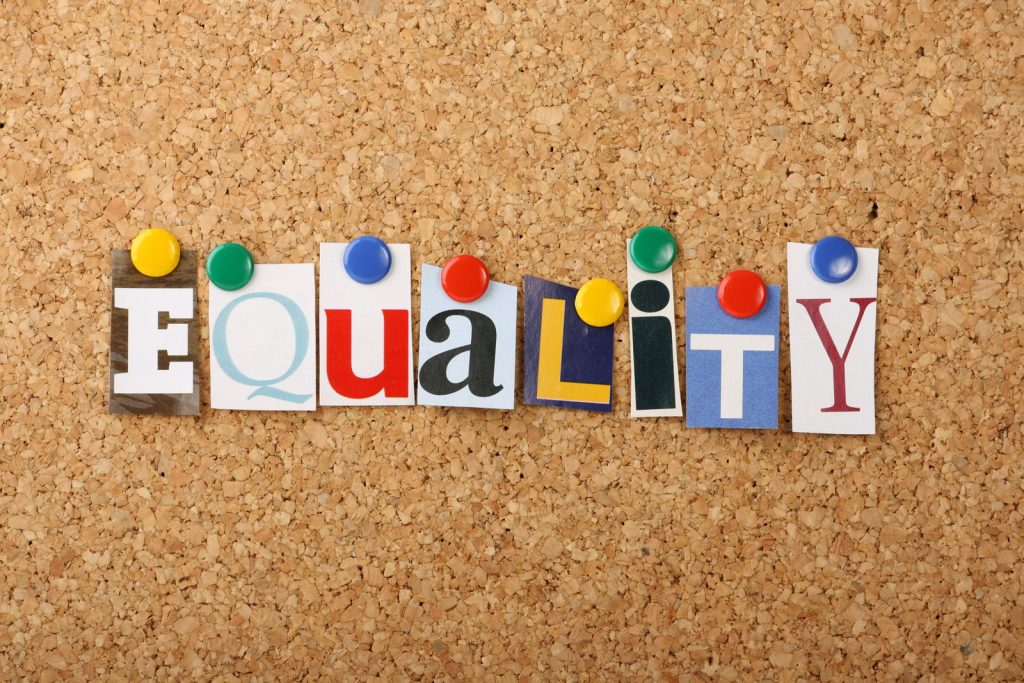Have You Been Injured on a Bicycle?
Personal injury cases arising from bicycling accidents are usually based on the physical injuries that the bicyclist sustains. A Halifax bicycle accident lawyer will handle your case if a reckless or negligent driver injures you physically in a bicycle accident in Nova Scotia.
Some traffic accidents, including serious bicycle accidents, cause emotional injuries as well as physical injuries. Can a bicyclist be compensated for emotional injuries that may arise as the result of a bicycle accident? How are emotional injuries addressed by Nova Scotia law?
Have You Suffered Emotional Distress After an Accident?
Most bicyclists who are involved in accidents suffer physical injuries and financial losses. Some bicycle accident victims are also injured emotionally. A Nova Scotia bicycle accident lawyer helps these victims recover compensation for all of their damages, including emotional distress.
Everyone’s reaction to a serious accident is different. One victim may have nightmares; others may experience no lasting psychological or emotional effect. Emotional injuries after bicycle accidents are not visible, but these injuries are sometimes extensive and serious.
Without counseling or treatment, a bicycle accident victim may be dealing with emotional distress for years after recovering from his or her physical injuries. If you need funds for counseling and treatment costs after a bicycle accident, what compensation may be available?
What Damages Are Considered “Economic” Damages?
In every Canadian province, the injured victims of negligent drivers are entitled to compensation for their medical costs and lost wages. Medical costs include counseling and/or treatment for both emotional and physical injuries.
The compensation available to an injured victim of negligence after a bicycle accident is categorized as economic or non-economic. The economic damages include calculable monetary losses such as:
- pending and projected future medical expenses including doctor’s visits, prescriptions, hospital bills, and transportation costs
- lost wages and projected future lost wages
- repair or replacement of damaged or destroyed personal property
What Damages Are Considered Non-Economic?
To recover compensation, you’ll need documentation – receipts, for example – for your economic damages after a bicycle accident, but you won’t have any receipts for your non-economic damages. Instead, courts, lawyers, and insurance companies use standard, established formulas to determine the value of non-economic damages. These damages may include:
- physical pain and suffering
- personal anxiety, distress, and emotional anguish
- loss of the quality or enjoyment of life
- scarring and disfigurement
- permanent impairment or disability
Bills and receipts are usually considered proof of economic damages. Proving non-economic damages is more challenging. When bicycle accident cases go to trial, judges and juries typically use standard formulas to decide the value of non-economic damages, but judges and juries also have the discretion to award an amount the judge or jury deem appropriate subject to an upper limit of approximately $400,000.
What Should Be Considered?
What should be taken into account when you and your Halifax bicycle accident lawyer decide how much compensation to seek – or when judges or jurors determine the amount that should be awarded – for emotional damages? Answers to the following questions should be considered:
- How have the bicycle crash and your physical and emotional injuries affected your life and daily routine?
- Have you sought, or do you need, counseling or treatment for your emotional injury?
- Are you terrified of riding your bicycle again?
If you are dealing with emotional distress triggered by a bicycle crash that was the fault of a reckless or negligent driver, or if this happens in the future, arrange promptly to discuss your legal rights and options with a Nova Scotia bicycle accident lawyer.
What Are the Symptoms of Emotional Injuries?
After a bicycle accident, a victim may express emotional distress in a variety of ways. Keeping a job, sustaining friendships, and even maintaining personal hygiene may be difficult. For many victims, emotional distress may not become apparent until weeks after the bicycle accident.
The signs of emotional distress may include sleeping or eating disorders, depression, guilt, anger, anguish, and fear. Your personal injury lawyer will show an insurance company or judge or jury how much emotional distress you’ve suffered because of someone else’s recklessness or negligence.
Take These Steps After a Bicycle Accident
Emotional injuries damage your life. Your loved ones may also suffer. The law entitles you to compensation for an emotional injury after a bicycle accident caused by a reckless or negligent driver.
If you are dealing with emotional distress after a bicycle accident:
- Do not miss any of your medical appointments. Adhere strictly to your doctor’s orders.
- Speak to a counselor or another person you trust.
- Exercise. Eat right. Stay active. Get the right amount of sleep.
- Have a bicycle accident lawyer explain your right to compensation.
Most claims arising from bicycle accidents in Nova Scotia are settled privately, so most injury victims don’t have to make a court appearance. But if fault for the accident is disputed or no reasonable settlement amount is offered, your lawyer may take your case to trial and:
- explain to the judge or jury the nature and extent of your emotional injury
- ask the judge or jury to order the payment of your compensation for that emotional injury
What Else Do You Need to Know?
Immediately after a bicycle accident, summon medical help. If the accident happened because someone else was reckless or negligent, reach out at once to an accident lawyer who will provide specific, personalized advice and discuss how the law applies to your personal situation.
Accident lawyers in Nova Scotia provide bicycle accident victims with a free first legal consultation. There’s no obligation. Should you file an injury claim, you’ll pay no lawyer’s fee until and unless your lawyer recovers compensation on your behalf.
If you’ve been injured in a bicycle accident, get the medical, psychological, and legal help you need. Even if your evidence is strong, proving an emotional injury requires the services of a skilled, knowledgeable, and experienced personal injury lawyer.
Which Halifax Lawyer Should You Choose?
If your mental health and emotional well-being have been damaged, you can’t trust your case to an inexperienced or untested lawyer. The award-winning lawyers at McKiggan Hebert have decades of success handling claims for the injured victims of negligence in the Halifax area.
We understand what it takes to prevail with emotional distress claims. If McKiggan Hebert files a claim for emotional distress on your behalf, you will owe no lawyer’s fee until and unless we recover your compensation with an out-of-court settlement or a jury verdict.
Learn more about your right to compensation for an emotional injury after a bicycle accident by calling the Halifax offices of McKiggan Hebert Lawyers at 902-706-2298. If you are dealing with emotional distress after a bicycle accident, McKiggan Hebert will put the law on your side.













